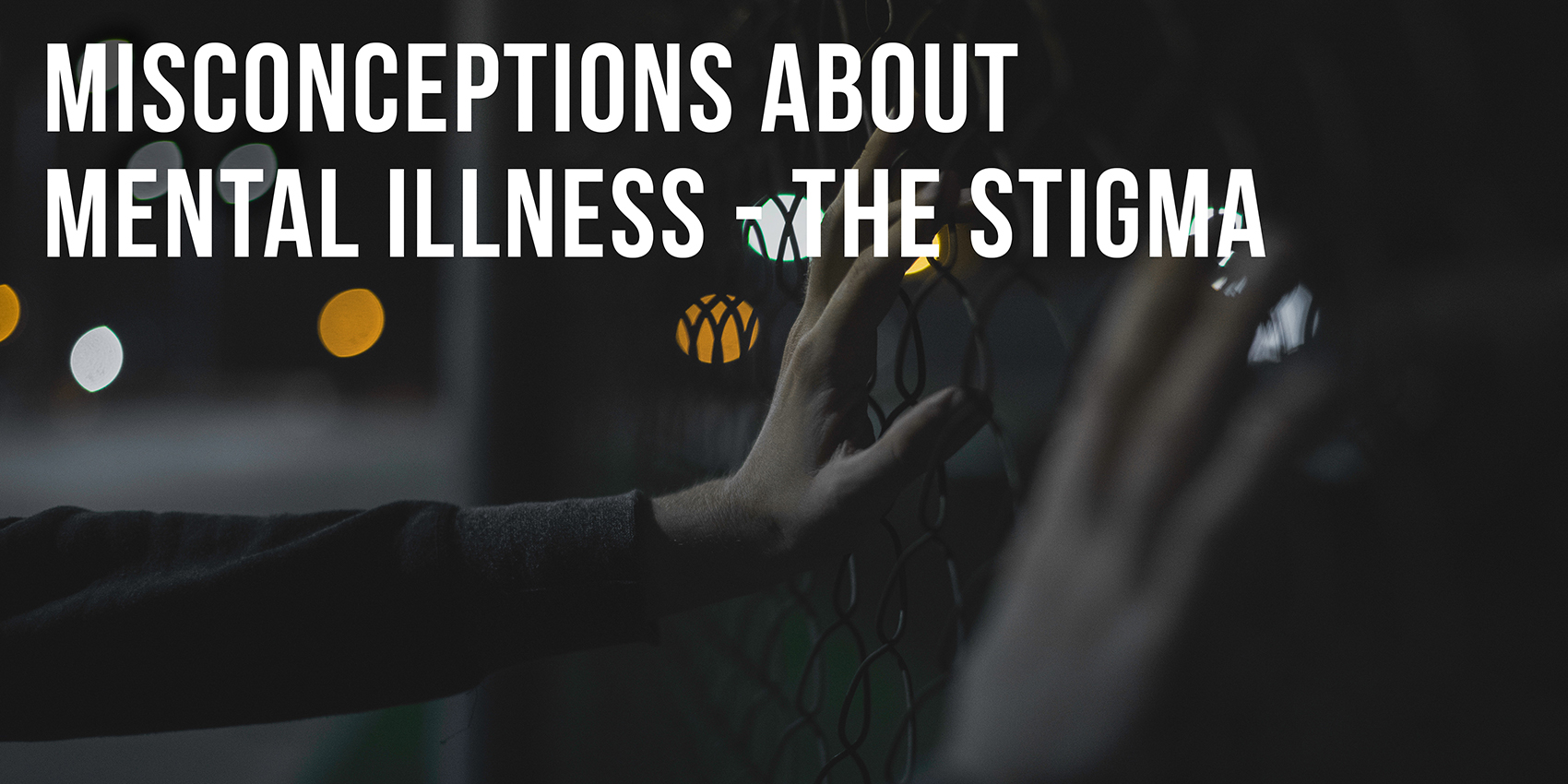23 Feb Misconceptions about mental illness – the stigma


DID YOU KNOW that only 25% of people with mental health symptoms believe that people are caring and sympathetic towards people with mental illness?
People today will talk easily about their physical health, “I have a cold,” “I pulled my muscle,” or “I need to go to physical therapy to work on my lower back problems.” But people don’t often say the same thing about mental health issues. Many people don’t feel comfortable letting others know they are seeing a mental health professional while other people think that seeing a professional is something downright shameful. This is because mental health still carries a stigma.
What is a stigma? It is a negative perception about a circumstance or quality that isn’t necessarily accurate. Stigmas are stereotypes and prejudices. The stigma around mental illness is really unfortunate. Many people will go to the doctor if they think they have a broken arm, but they won’t see a doctor if they’ve felt depressed, considered suicide and not gotten out of bed for two weeks. This is often because of the stigma associated with mental illness. It’s hard enough to be suffering with a mental disorder, but to then be made fun of or misunderstood or discriminated against because of it is even worse. Stigmas about mental illness often stop people from seeking treatment because they are worried what people will think. Without the help they need, the situation can get much worse.
To illustrate the stigma of mental illness in our society here is one father’s true story:
I have three children. We live in a small town with a strong church and community influence. One year I learned a lot about society and the stigma of mental illness. My son, 20, was diagnosed with cancer and had to abruptly return home just before finishing his final year at college. People sent letters of sympathy, flowers, and food. The support was overwhelming. We prayed at church and people spoke to us about it in public. The cancer was manageable, but during that time my daughter, 17, tried to commit suicide. She did it at high school, causing the fire department, police and EMTs to be dispatched. No one sent letters of sympathy, flowers or food. No one would discuss it to our faces out in public. Nothing was mentioned in church. The day my daughter returned to high school she was in a horrible car accident. She suffered a concussion and required surgery to repair the extensive damage to her right leg. People sent letters of sympathy and support. Food and flowers arrived again. But no one mentioned of her depression. It seemed the only topic our community was unable to discuss was our mental health. I felt shame. Shame for our community.
As a society we struggle with the misconceptions of mental illness. Many people think a diagnosis of mental illness is a sign that something is so horribly wrong with someone that they can no longer be associated with that person. This mentality must shift. We ALL have periods of mental health and mental illness. In terms of mental illness, some of us “catch a cold” while others may “have the flu” while others may “struggle with diabetes” meaning- some people will have small periods of mental illness that pass quickly while others really struggle and their lives are disrupted for a period of time while others will need to manage their mental illness for a lifetime. We are all different but we all have thoughts and feelings and that means we will all have variations in our mental health.
Likewise, you have probably heard of people going to a therapist, a psychiatrist or a counselor. These professionals help all sorts of people (like you, your neighbor, your classmate, your teachers, the man at the grocery store) with problems big and small. You go to a physician for your body (like when you have something like a cold, a broken arm or cancer) and you go to a mental health professional for help with your mental state.
Some people believe that (in the words of one teen we know) “only really messed up people go to therapists. You know what I mean. You’ve got to be off your rocker to see a psychiatrist.”
That’s actually a common misconception and part of the stigma discussed here that needs to change. Some of the most mentally healthy people we know see therapists on a regular basis. It’s like preventative medicine for the mind. Remember, your mind is a muscle – just like your heart or even bicep – and keeping it healthy requires work and regular maintenance. But, more to the point, seeing a doctor for your mind is just simply like seeing a doctor for your broken leg- you can recover a lead a happier life if you go.
By learning about mental illness you are beginning that shift and reducing the stigma. When we are ignorant of something we are more likely to fear it and speak negatively about it. But when we have information, then we can understand something and seek to make it right.




Post Question:
What can you do to change the stigma against mental illness?
Answer the post question here
What's being said